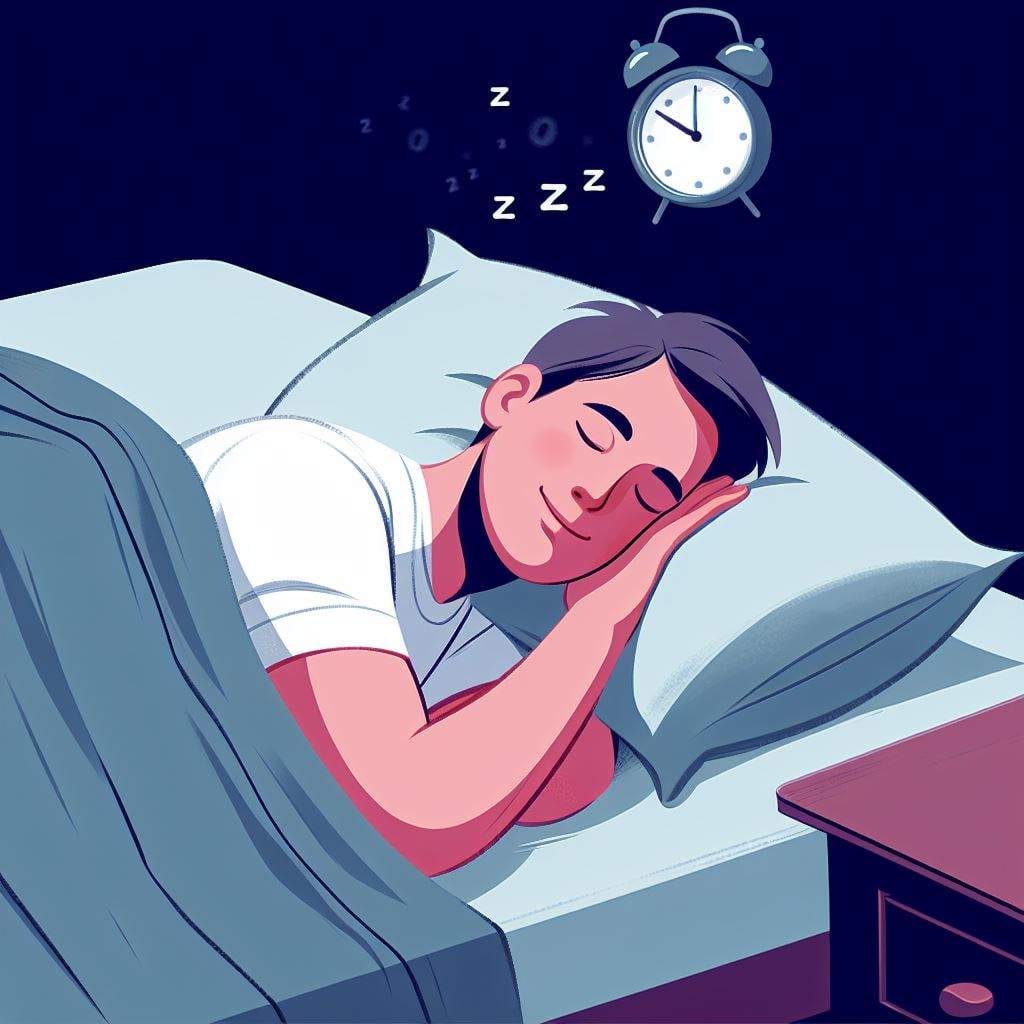Why Your Dreams Are the Key to True Vitality
Sleep is essential for our overall well-being. Neurobiologist Pilar Durán Hernández reveals how sleep impacts our physical and mental health, from fighting chronic disease to boosting cognitive function.

Sleep is an index of functional integrity and although it is an essential part of life, we do not take care of it; It is necessary to consider that, if it is fine, I will also be fine, says Pilar Durán Hernández, neurobiologist at the Faculty of Sciences (FC) of the UNAM.
Quality is one of the pillars of health, along with a balanced diet and regular physical activity. People who sleep uninterrupted have lower rates of hypertension, diabetes, obesity, and other chronic diseases. “It is about the sleep-health binomial and what happens to sleep affects our body,” she emphasizes.




